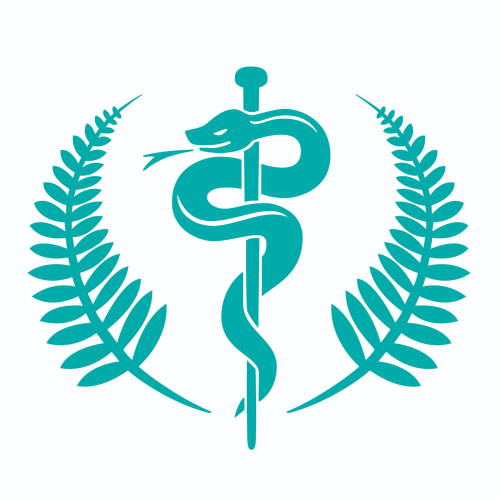Te whakangungu me te mātauranga mo nga tāura
 Training and education for interns | Training and supervision of interns in Aotearoa New Zealand is of an extremely high standard. I thank and applaud all doctors involved in this training and education.
Training and education for interns | Training and supervision of interns in Aotearoa New Zealand is of an extremely high standard. I thank and applaud all doctors involved in this training and education.At any time across the motu, there are more than 1000 doctors working as interns – that is first-year and second-year house officers/resident medical officers (RMOs) working in Te Whatu Ora hospitals and community care settings.
These doctors are supervised by senior colleagues in everyday clinical situations, and by Medical Council-approved and appointed clinical supervisors and prevocational education supervisors (PESs).
In a 3-month accredited clinical attachment, an intern has a clinical supervisor (or sometimes more than one supervisor) who is working in that clinical area of practice. The supervisor meets with the intern at least three times over the course of the attachment and provides appropriate support and feedback.
Each prevocational education supervisor oversees the training of as many as 10 interns over the course of a year as each intern works through four 3-month attachments.
These interns are finding their feet in full clinical work and the collegial oversight and supervision of these doctors provides appropriate, and necessary support in their development and training.
The Medical Council runs workshops on a yearly basis for prevocational education supervisors, and we have recently held several of these workshops with over 100 supervisors participating.
Topics discussed and workshopped have included intern and supervisor health and wellbeing, how best to help the intern in difficulty, and training in cultural safety. Council greatly appreciates the feedback it receives from supervisors at these meetings and incorporates this feedback as we continually review and improve our programmes.
Community-based attachments
For some years the Medical Council has been promoting community-based attachments (CBAs) for interns and has made this a compulsory requirement. Most Te Whatu Ora districts have fully implemented community-based attachments, allowing all interns to have such a 3-month attachment at some time over their two years of internship.
The CBA may be in a range of different settings including general practice, urgent care, hospice work, or community-based specialty services of many different kinds.
Some providers around the motu are still struggling to fully establish these attachments, but the Medical Council is continuing to support and encourage these particular districts to put in place sufficient CBAs.
Interns who undertake CBAs report high satisfaction levels, and the Council has a strong view that community-based attachments are very important and necessary for intern training - whether the doctor eventually ends up in community-based practice full time or in hospital or institution-based positions.
Doctors undertaking CBAs are left with a greater awareness and appreciation of patient care, and patient needs in the community setting as well as a better understanding of the interface between primary and secondary care.
Again, my thanks to all doctors involved in intern training in Aotearoa New Zealand. I welcome your thoughts and feedback over time as we continually improve the systems and environment for our interns in preparing them for their lifelong careers in medicine.
Dr Ken Clark
Chair Education Committee MCNZ

